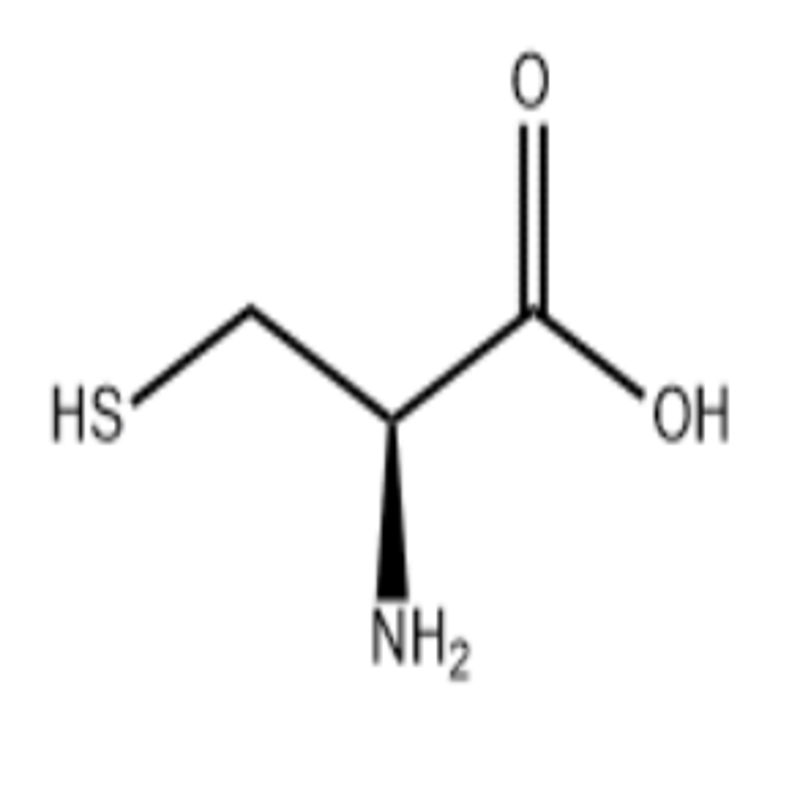-
Categories
-
Pharmaceutical Intermediates
-
Active Pharmaceutical Ingredients
-
Food Additives
- Industrial Coatings
- Agrochemicals
- Dyes and Pigments
- Surfactant
- Flavors and Fragrances
- Chemical Reagents
- Catalyst and Auxiliary
- Natural Products
- Inorganic Chemistry
-
Organic Chemistry
-
Biochemical Engineering
- Analytical Chemistry
- Cosmetic Ingredient
-
Pharmaceutical Intermediates
Promotion
ECHEMI Mall
Wholesale
Weekly Price
Exhibition
News
-
Trade Service
| Chinese scientists have discovered marine microbial flora and enzymes that can effectively degrade plastic waste |
Xinhua News Agency, Qingdao, April 26 (Reporter Zhang Xudong) - Reporters from China Kexue Yuan Institute of Marine learned that the research team successfully obtained a bacteria can degrade plastic waste, and can significantly degrade poly screened from the flora The results of multiple enzymes in vinyl plastics were recently published in the international academic journal "Hazardous Materials".
Academy of Sciences
China Ke Xueyuan researcher at the Institute of Ocean Sun Chaomin led the research team, since 2016, thousands of copies of plastic waste collected samples from Qingdao offshore.
Academy of Sciences
To this end, scientific researchers conducted a quantitative analysis of the composition and abundance of this bacterial group, and found that there are 5 types of bacteria as the dominant population, and successfully obtained pure culture strains of the above 5 types of bacteria through cultivation, of which 3 strains have obvious plastic degradation ability.
Since then, researchers have screened multiple candidate enzymes that may be involved in the degradation of plastics from this compound flora, and combined with in vitro expression technology to obtain multiple enzymes that can significantly degrade polyethylene plastics within 24 hours.
Plastic is a general term for a class of high molecular polymers, including polyethylene, polypropylene, polyethylene terephthalate, polystyrene and polyvinyl chloride, etc.







